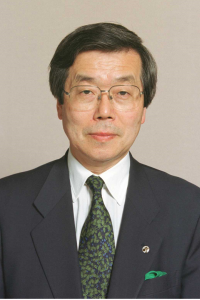
Yamamoto Isamu, Professor, Keio University Key points Remote work ratio increases with non-routine tasks A company’s COVID-19 measures boost employee loyalty The coronavirus outbreak as an opportunity to reform labor market structure The spread of COVID-19 has led to rapid work-style changes, such as staggered work hours, remote work, online meetings, closures, and higher risk of unemployment. It is likely becoming a major turning point for changing how work is perceived as well as work styles and human resource management at the workplace. Health and productivity management is garnering attention as a managerial challenge for maintaining and promoting employee health in companies. As it has become clear that corporate work styles, such as whether remote work is implemented or not, affect employees’ risk of infection, it is probable that the need for “health and productivity management that includes COVID-19 measures” will increase ... ... [Read more]








